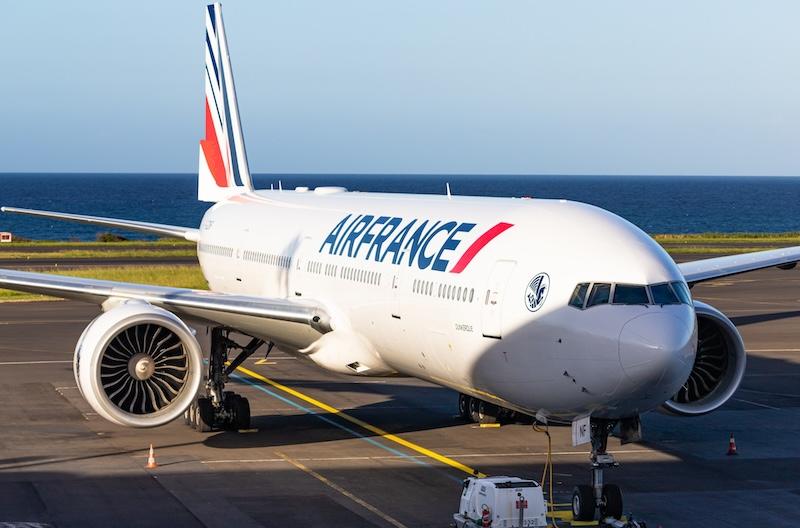
Credit: Air France
LE BOURGET—Air France expects sustainable aviation fuel (SAF) costs to rise to €650 million ($750 million) in 2030, up from €90 million in 2024, as a European mandate for SAF use rises to 6% SAF, the airline’s CEO Anne Rigail says. “Our issue at the moment—it’s not new but we have to fight against...
Subscription Required
Air France Sees SAF Costs Rising To $750M By 2030 is published in Aviation Daily, an Aviation Week Intelligence Network (AWIN) Market Briefing and is included with your AWIN membership.
Already a member of AWIN or subscribe to Aviation Daily through your company? Login with your existing email and password
Not a member? Learn how to access the market intelligence and data you need to stay abreast of what's happening in the air transport community.





